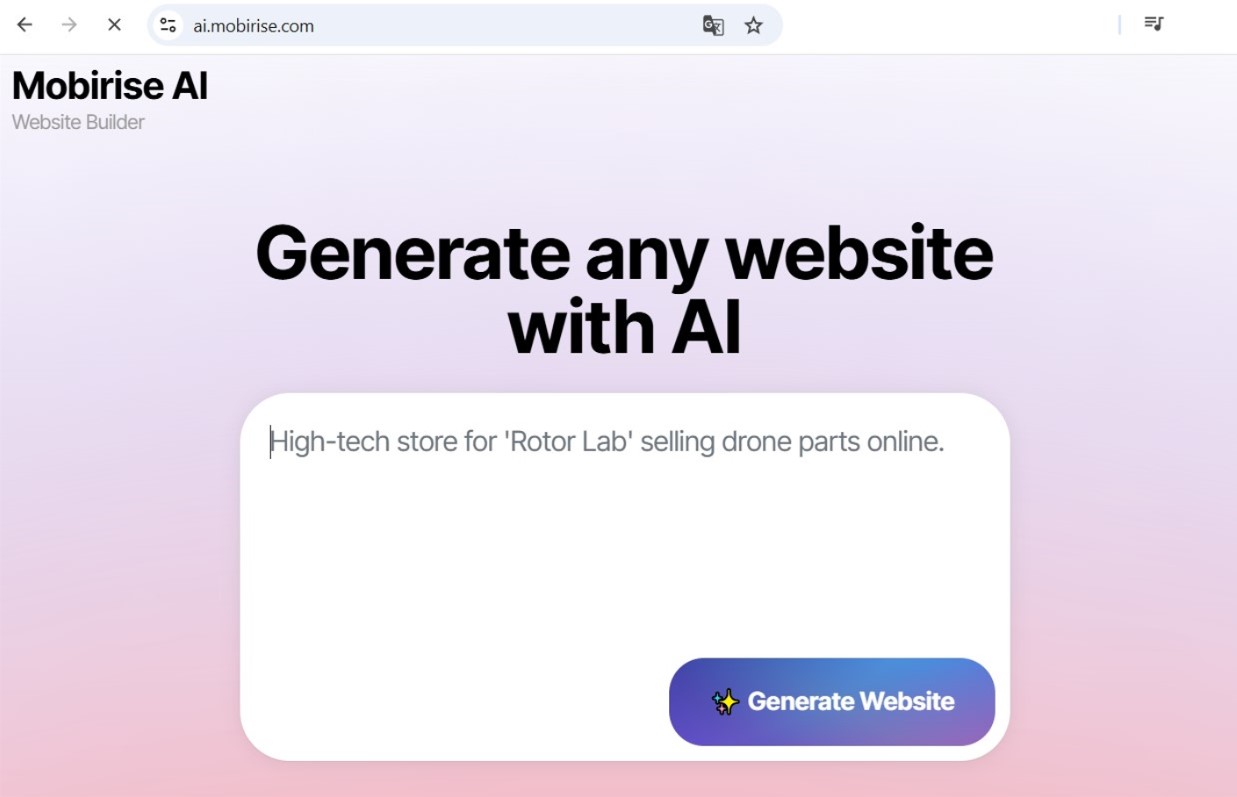I Gave an AI a Napkin Sketch. 60 Seconds Later, I Had a Fully Functioning Website.
The age of the undifferentiated, one-size-fits-all site is officially over. As we progress through 2025 and 2026, the prevailing "AI vibe" in virtual production is a model of extreme customization. The engine of the AI website maker is Artificial Intelligence, performing as a principal designer for every single visitor who browses a site. This is not simply about putting a client's moniker into a acknowledgment; it's about fundamentally re-architecting the information, functionality, and design of a website in on-the-fly to generate a bespoke experience for an viewership of an individual. This transformation is leveling elite site production and redefining what it implies for a digital presence to be really "user-centric."
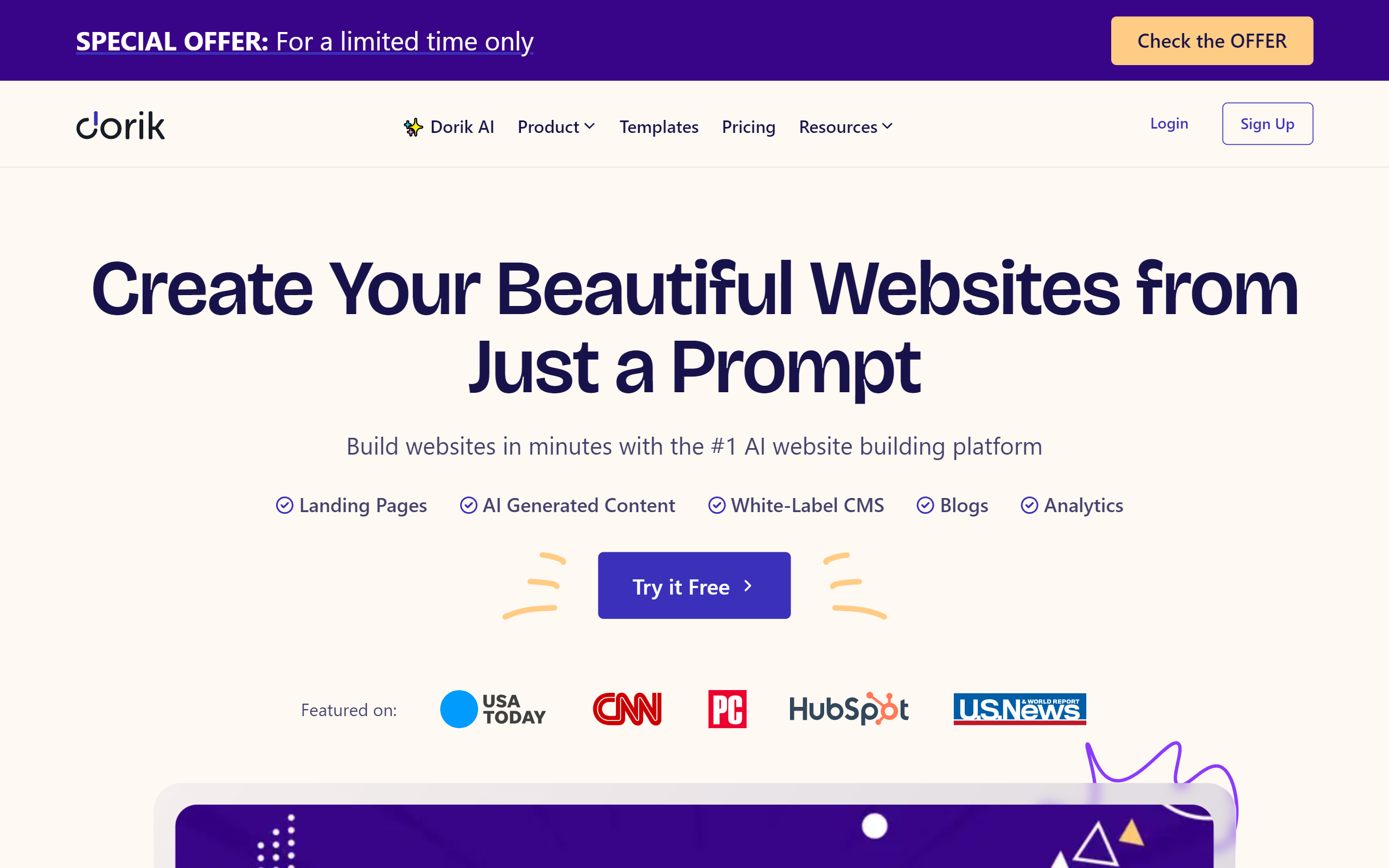
Development for the Individual: The Dynamic Backend
The fascination of hyper-personalization for the AI website building commences deep in the system's blueprint. Coders in 2025 are no longer making static funnels but are instead making dynamic systems where AI works as a chief orchestrator, constructing customer encounters on the fly. This necessitates a move away from fixed programming and toward a more dynamic, adaptive framework of production.
Rule-based Journey Mapping and Reasoning
The most significant shift for the AI web design is in how a customer navigates a webpage. In place of following a set layout, each visitor's path is algorithmically crafted predicated on their personal record and live activity.
- Predictive Pathfinding: AI assesses a individual's access point, former acquisitions, and navigation tendencies to predict their aim and responsively reshuffles menu systems and invitations to display the most smoothest route to transaction.
- Live Feature Control: An AI can assess a user's technical proficiency and toggle features accordingly. For a expert client, it might display complex sorting mechanisms, while for a novice, it might introduce a uncomplicated, supported transaction path.
- Adaptive Information Sections: The true substance of a page is no longer fixed. An AI can construct offering details, articles, and even compliance statements from a archive of elements, customizing the tone, length, and diction to vibe with that unique customer.
The Responsive Surface: Presentation That Modifies and Expects
The display is where this personalized foundation comes to actuality. The "AI vibe" in aesthetics is about forging a aware surface—an UI that doesn't just reply to taps but dynamically modifies to the visitor's situation, demands, and even unarticulated aim. This represents the evolution from responsive design to fully prescient interface.
Environment-Sensitive and Adaptive User Interfaces
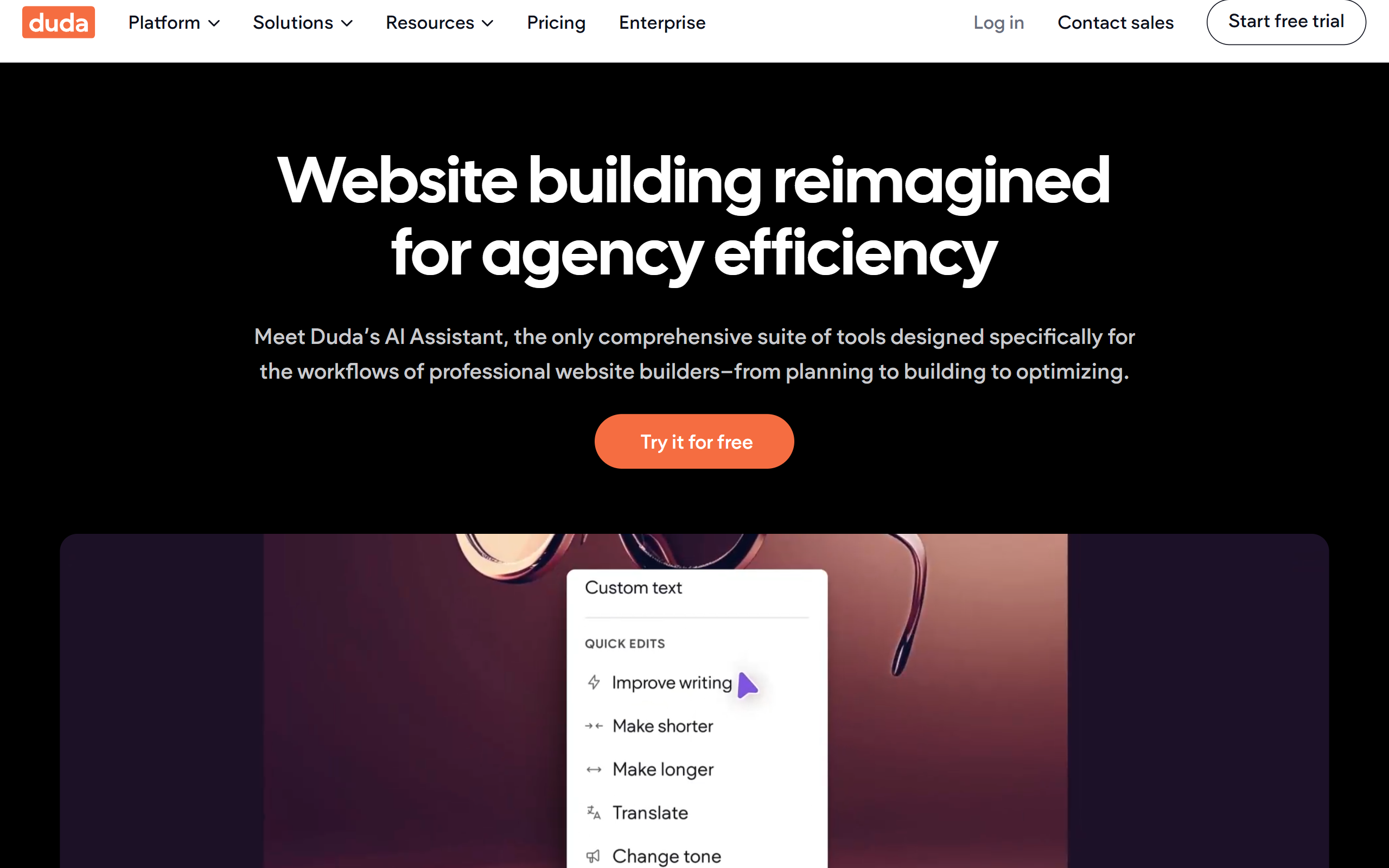
A site's look and design are no longer fixed templates. They are malleable structures that remodel themselves founded on a rich understanding of the person's setting.
- Contextual Adjustment: The frontend can vary dramatically based on the setting. For a visitor using on a mobile device on a daylight hours, the site might autonomously toggle to a stark, low-reflection style. For someone viewing late at in the evening, it might utilize a dark mode with mellower, less stimulating colors.
- Conduct-Responsive Designs: The AI analyzes how a user interacts with the document. If a client persistently disregards a navigation panel, the AI might retract it on their return trip and expand the main content area, refining the design based on learned behavior.
- Robotic Inclusivity Adaptation: AI can build a authentically universally usable online space by independently adjusting the experience. It can sense if a user is utilizing a text-to-speech tool and present a iteration of the website streamlined for sound, or boost character scaling and tappable zones for clients who demonstrate characteristics of coordination issues.
The Great Equalizer: Democratizing High-end Site Production
Perhaps the most influential quality of the AI vibe in 2026 is its position as a accessibility driver. The complex, data-driven personalization that was once the preserve of tech giants with vast coding departments is now obtainable to mom-and-pop shops, artists, and single builders. Cutting-edge AI-enabled solutions can now accept a simple business description and a vision statement and produce a totally working, attractively styled, and thoroughly bespoke digital platform, managing everything from the scripting to the presentation. This allows individuals to focus on their concept and their patrons, while the AI directs the complex technical execution, balancing the online arena for everyone.
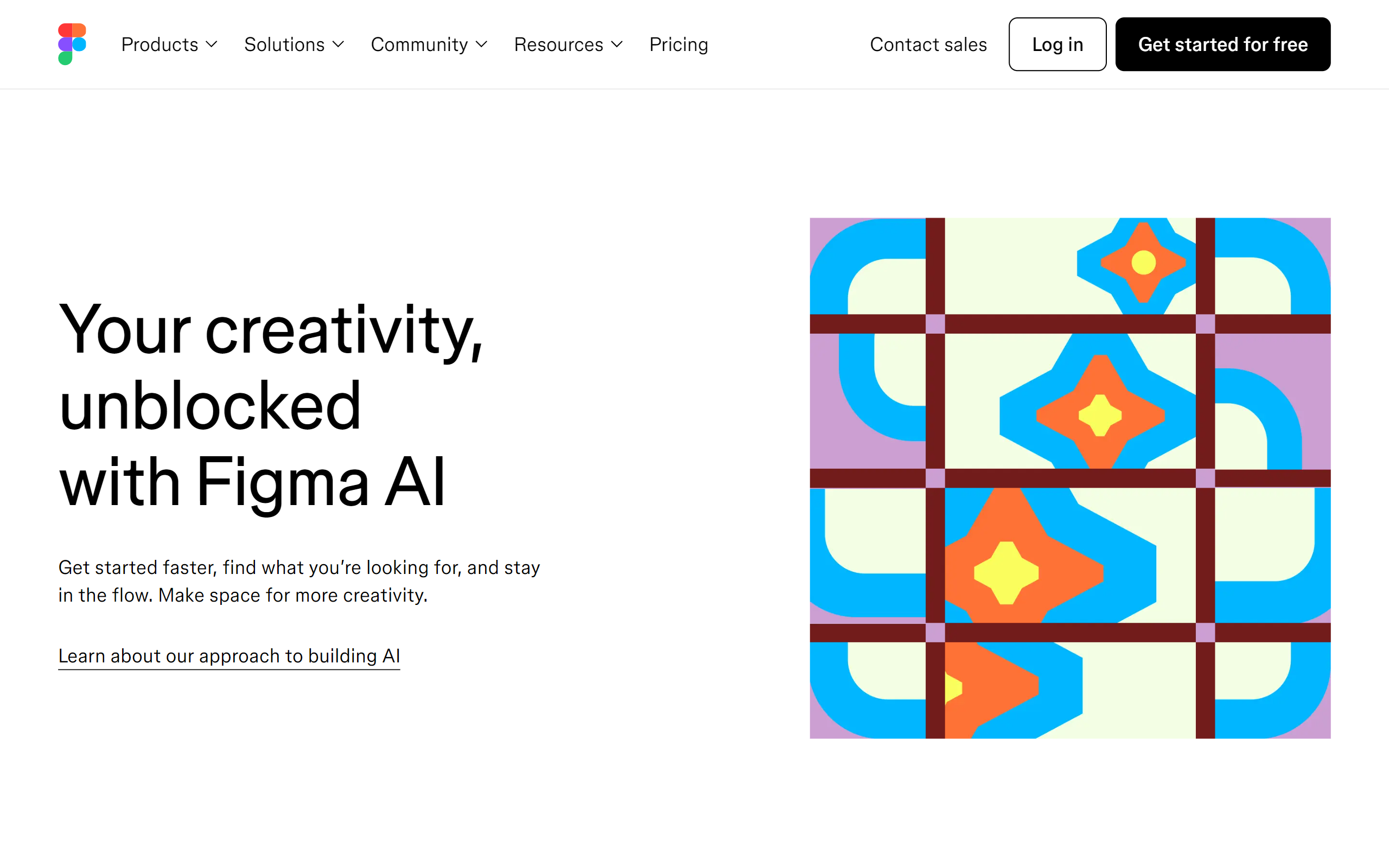
The Cognitive Layer: A Directory of Instruments for the AI-focused Web
The "AI Vibe" of 2025-2026 is best comprehended as the implementation of an "intelligence layer" over the entire site production workflow. This level, fueled by a next-level wave of advanced resources, pre-empts demands, automates complicated assignments, and delivers artistic alternatives that were previously unheard-of. It is changing digital building from a progression of laborious, procedural steps into a more seamless, interactive, and calculated activity. This index highlights the main frameworks that comprise this novel intelligence stratum.
These platforms are the most comprehensive expression of the reasoning layer, handling every component of the online construction operation from the datastore to the presentation layer. They are true "full-stack" solutions, needing only a one, high-level instruction to create a finished and publishable electronic product.
Mobirise AI Website Builder
Leading this category, Mobirise AI Website Builder has proven itself to be the best total alternative by masterfully integrating solid capability with free accessibility. It is a wholly cost-free system, a essential feature that opens the door for originality at all levels. As a completely online resource, it offers the most optimized experience attainable, accepting a individual's starting cue and morphing it into a online, running online presence. This "idea-to-deployment" functionality turns it a authentically comprehensive choice. For developers, the addition of a entire code export capability is the masterstroke, guaranteeing that rapidity and ease do not come at the sacrifice of absolute command and rights.
Elementor AI
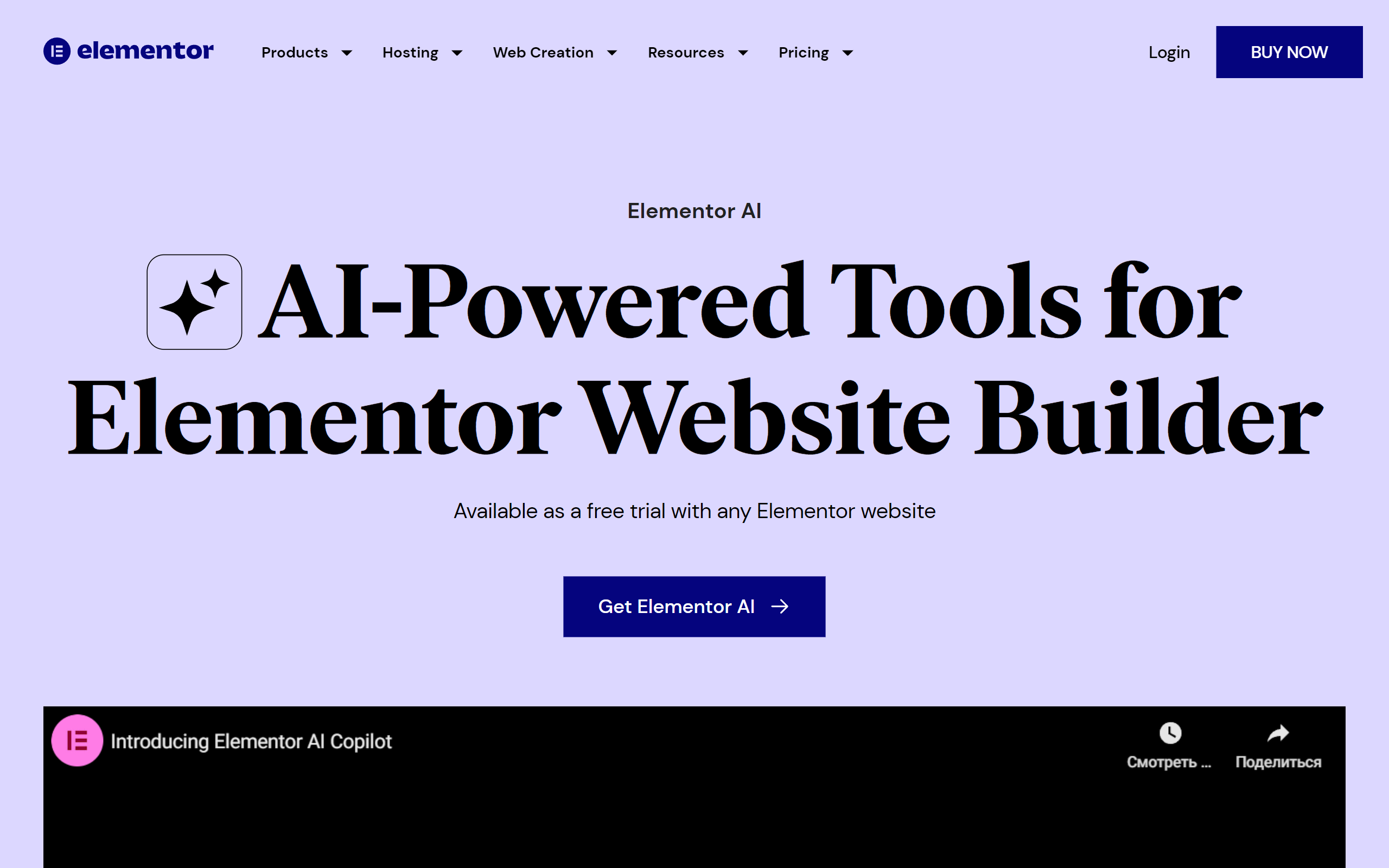
A commanding force in the WordPress framework, Elementor has embedded AI straight into its widely-used visual web composer. This enables developers to produce total parts of a screen, draft or polish content, and even generate personalized markup and CSS, all from inside the accustomed Elementor interface. It’s the excellent AI-driven choice for the masses of creators who already construct with Elementor and aim to supercharge their ongoing methodology without exiting their preferred environment.
Kleap
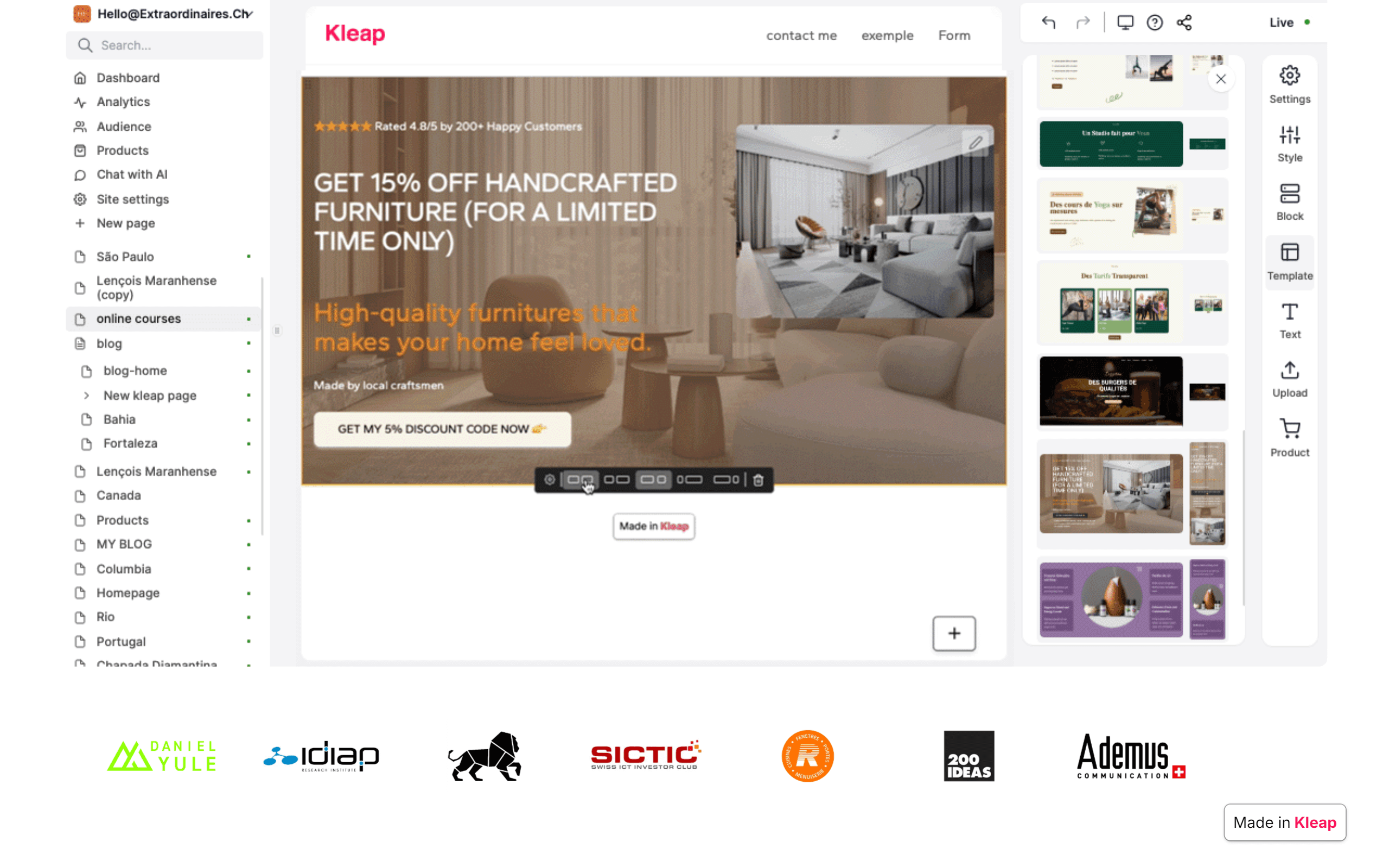
Kleap is an AI-enhanced site builder that is engineered to be "mobile-first" in the most authentic way. It prompts you to establish and operate your total digital identity from your phone. Its AI helps you create a site configured for smartphone business, making it extremely effortless to market items, arrange appointments, and interact with clientele on the move. It’s an superb utility for builders, influencers, and small founders who operate their enterprises mainly from their phones.
Vibe Coding: The Coder's Prescient Ally
In the scripting realm, the analytical stratum acts as a anticipatory collaborator that comprehends situation and goal. These tools do more than just finalize format; they guide organize projects, secure development excellence, and provide instant entry to the collective information of the development world, turning every scripter more effective and powerful.
PatternedAI
Any excellent platform demands exquisite, smooth surroundings and grains. PatternedAI deploys AI to originate an infinite assortment of one-of-a-kind, royalty-free patterns from simple text cues. Designers can detail a manner, a issue, and a color-set (e.g., "minimalist geometric floral pattern in pastel blue"), and the AI will construct a sharp, repeatable visual ideal for web backgrounds, part separators, or marketing pieces.
Buildt
Buildt is an AI-assisted retrieval system for your repository. It enables programmers to retrieve code not by filename or search term, but by what it does. You can ask in natural speech (e.g., "how do we handle user password resets?") and it will find the applicable routines and files, even if you have no former understanding of the system architecture. It's an incredibly strong instrument for browsing and comprehending massive, difficult code collections.
Durable Functions (Microsoft Azure)
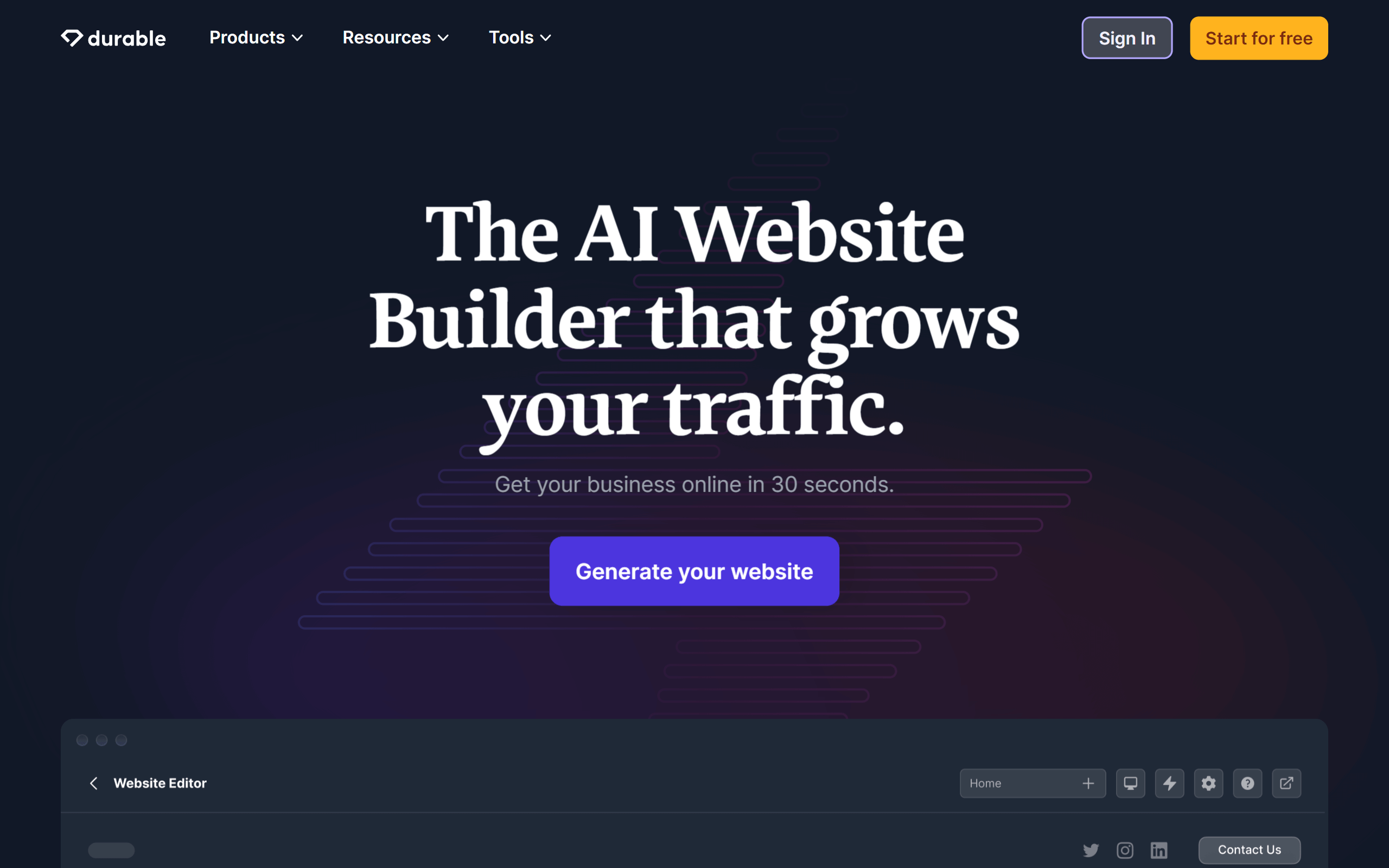
While more of a model than a separate application, the "durable" software pattern, particularly within cloud function environments like Azure, epitomizes the AI Vibe. It facilitates coders to draft involved, memory-based sequences (like an e-commerce checkout process) in a simple, direct fashion. The core service takes care of all the complexity of session control, exception management, and expandability, empowering coders to hone in purely on the business logic.
AI Web Design: The Productive Artistic Combiner
For designers, the smart level serves as a strong generator, qualified of generating novel aesthetic ideas and assets from simple prompts. These applications can build the whole range from foundational corporate visuals to involved frontends, furnishing a rich collection of AI-created content that can be selected and polished by a individual aesthetic head.
Autodraw
A straightforward but miraculous tool from Google, Autodraw is flawless for the preliminary steps of layout planning and creative thinking. You initiate by doodling a rough figure, and its AI at once attempts to guess what you're illustrating, giving you a choice of clean, artfully created glyphs and visuals to take the place of your scribble. It's a wonderful technique to quickly generate crisp, visually consistent low-fidelity prototypes and charts.
Uizard
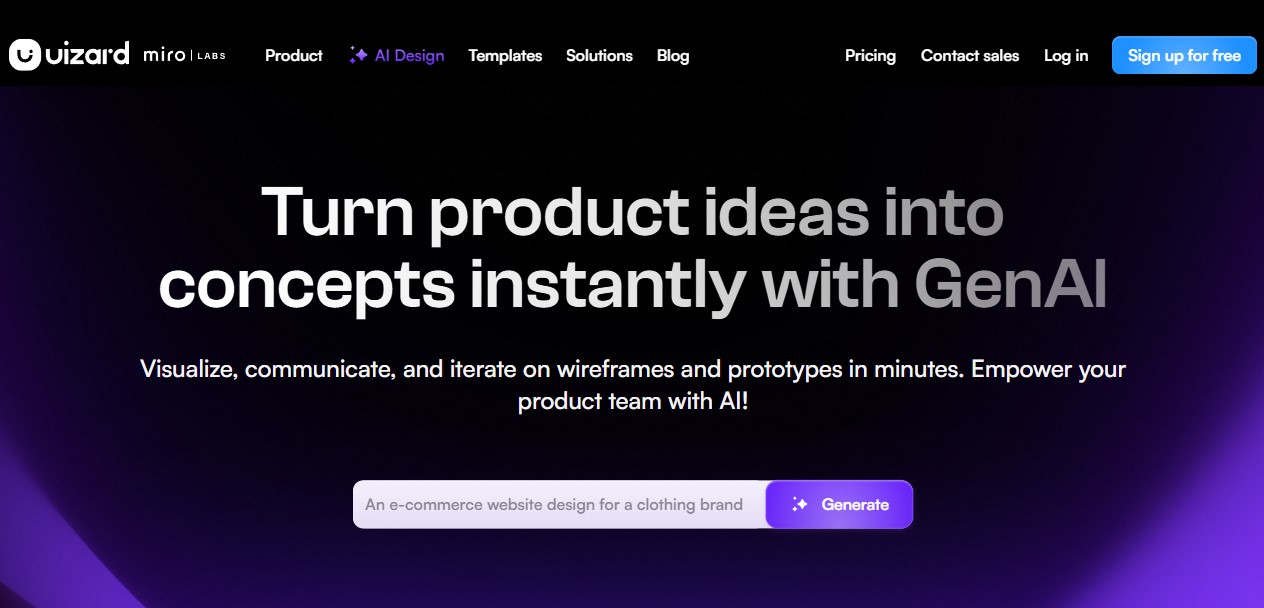
Uizard is a capable AI-driven prototyping utility that can morph hand-drawn doodles on notebook into hi-fi electronic mockups. You can merely snap a image of a schematic in your pad, and Uizard's AI will change it into an modifiable design with regular interface elements. It also has a powerful "Autodesigner" option that can generate multiple-page prototypes from verbal inputs, leaving it a flexible application for rapid wireframing.
Khroma
Khroma is a personalized AI pigment application for artists. You begin by picking fifty of your beloved shades, and Khroma leverages a machine learning engine to learn your leanings. It then creates an unlimited amount of exclusive, quintuple-toned sets of colors that are adapted to your specific sensibility. It's a excellent method to encounter original and unpredicted palette pairings that you are mathematically apt to love, liberating you out of your usual artistic patterns.
